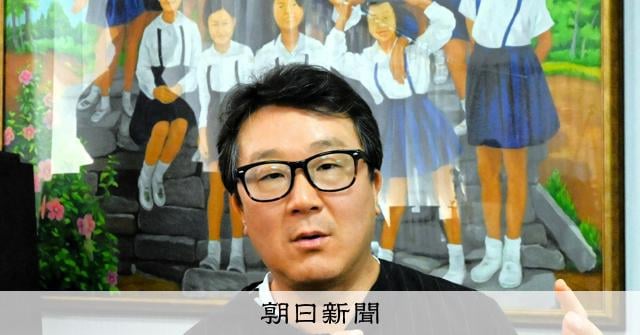
In recent political campaigns for the Upper House elections in Japan, several parties have been pushing for stricter regulations on foreigners and limiting their rights. Kim Kwang-min, a third-generation Korean resident in Japan who has long been involved in education and support for children with foreign roots in Osaka, expresses concern over this trend. He observes that discriminatory rhetoric is being discussed openly in the public sphere of national elections. As a foreign national born and raised in Japan, Kim shares his perspectives on these developments.
Kim is taken aback by how openly xenophobic remarks are now made, especially in national politics. Previously, even those harboring prejudice against Korean residents tended to avoid discussing it publicly. Now, politicians are making dismissive remarks about “privileges” afforded to foreigners, which Kim notes are baseless and contribute to growing discrimination.
Through his work supporting families with foreign roots, Kim sees the daily struggles these communities face. For instance, a Japanese high school student with a Filipino mother comments that despite the perception of “foreign benefits,” her mother has never been advantaged in Japan. Many foreign families, despite low income, diligently pay contributions like public health insurance without receiving any unfair advantages.
Kim notes the changing societal attitudes in Japan, sharing conversations he’s heard where Japanese people complain about communication difficulties with foreign workers or express skepticism about foreign ownership of local buildings. He understands concerns about foreign economic influence but argues that legal, economic activities by foreigners should not be viewed negatively.
He suggests that such changes in attitude might arise from economic and social factors, such as deregulation leading to precarious employment and growing income inequality. He believes that anxiety about the future is misdirected at foreigners instead of questioning the policies responsible for these issues.
Kim stresses that the concept of “Japanese” is diversifying, as more Koreans in Japan marry Japanese people and gain Japanese nationality. He urges people to reconsider exclusionary rhetoric against foreigners and to acknowledge their vital contributions to Japan’s aging society and economy.
by MagazineKey4532
